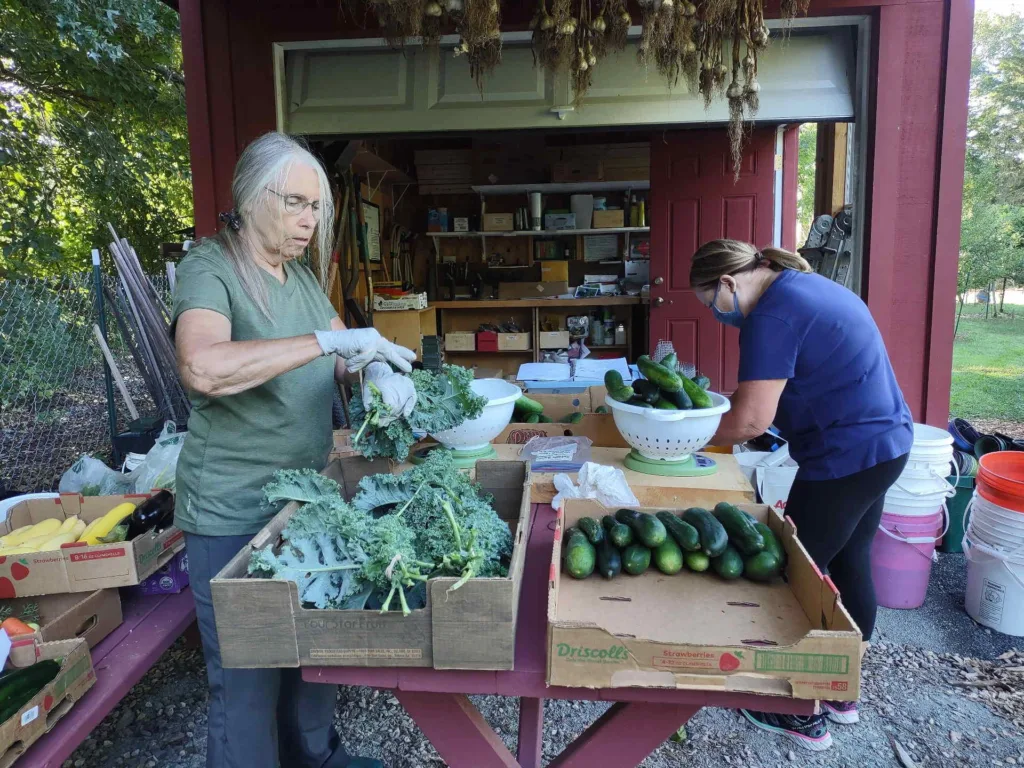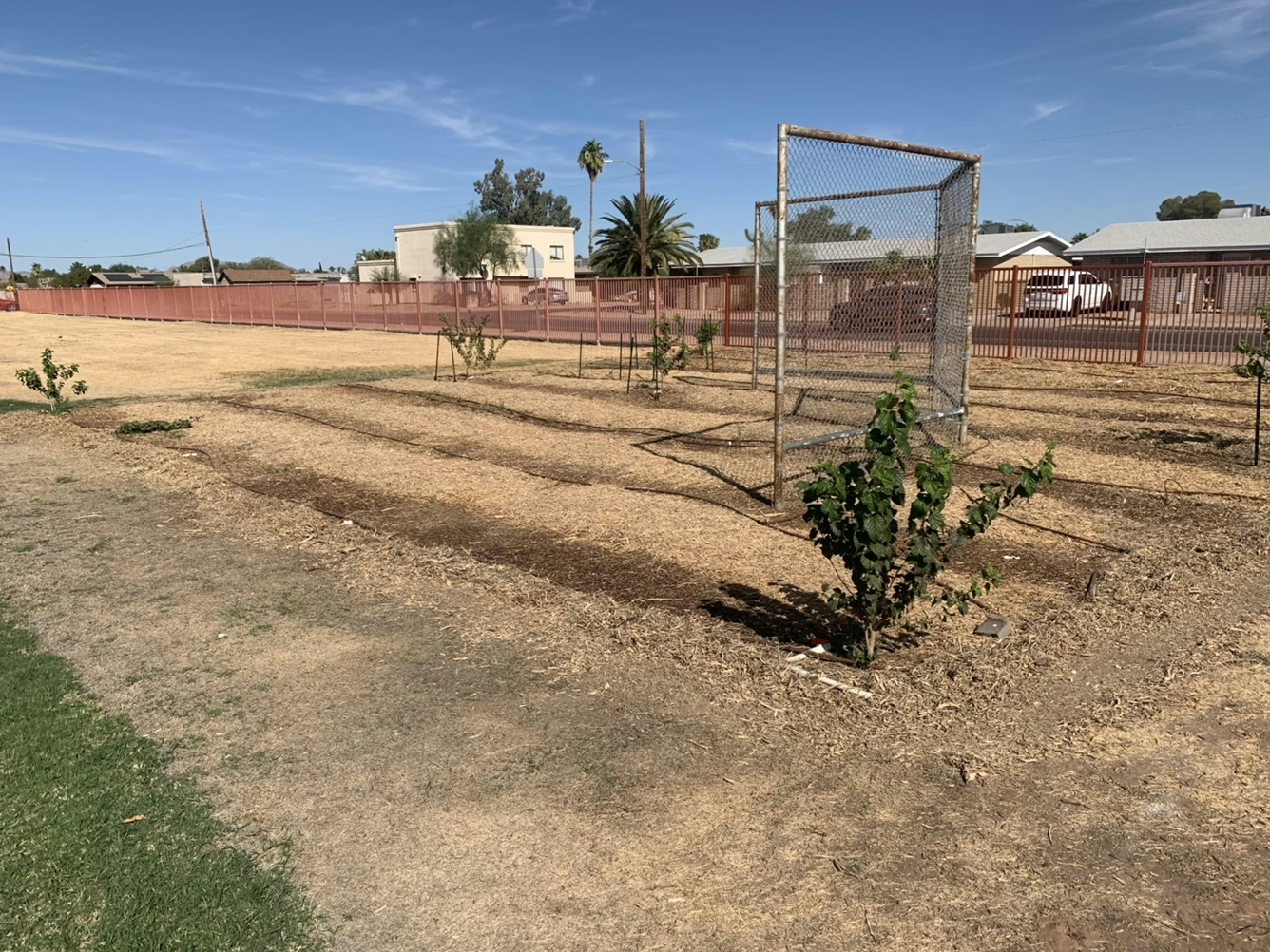Introduction:
Gardening is more than just a hobby; it’s a powerful tool that can profoundly impact our mental health. From reducing stress to fostering community connections, gardening offers numerous benefits backed by scientific research. This post explores the mental health benefits of gardening and how you can increase your own well-being by digging in the dirt!
1. Physical Benefits Leading to Mental Well-being
Exercise and Physical Activity
Gardening provides low-impact exercise that can stimulate the release of endorphins and serotonin, chemicals in the brain that improve mood and reduce symptoms of depression and anxiety. A study published in Preventive Medicine Reports reveals that gardening can reduce body mass index (BMI) and increase overall life satisfaction. This aligns with broader research showing that physical activity, even in moderate forms like gardening, can help reduce stress and improve mental health.
Sunlight and Vitamin D
Another key aspect of gardening is exposure to sunlight. Vitamin D, produced when sunlight hits the skin, plays a crucial role in mental health. Deficiency in this vitamin has been linked to depression and other mental health disorders. Spending time in the garden, therefore, not only offers physical exercise but also provides the essential nutrients needed for healthy brain function.
2. Mindfulness and Stress Reduction

Mindful Activity
Gardening is a meditative practice, encouraging mindfulness and providing an outlet for stress relief. A study in Clinical Medicine highlights how activities like gardening can improve mood and mental health by encouraging patients to observe nature. Gardening allows for an immersive experience, helping individuals focus on the present moment, reducing stress, and promoting relaxation.
Nature Connection
Being in nature is inherently calming, and gardening provides a direct way to connect with it. Research suggests that spending time in green spaces, including gardens, can lower cortisol levels and improve mood. By nurturing plants and creating green environments, gardening offers a dual benefit: reducing stress and fostering a sense of connection to the natural world.
3. Social Connection and Community

Community Gardens
Gardening can be a communal activity, fostering social interactions that combat loneliness and depression. Community gardens provide a space for people to interact, share advice, and form supportive relationships. The study in Preventive Medicine Reports emphasizes the positive impact of these social connections on mental health, particularly in low- and middle-income countries.
Therapeutic Horticulture Programs
Programs designed for individuals with mental health issues, such as therapeutic horticulture, help participants engage with others and find support through gardening. These programs not only offer a therapeutic outlet but also create opportunities for social interactions, which are crucial for mental well-being.
4. Sense of Accomplishment and Creativity

Nurturing Growth
The process of planting, nurturing, and seeing plants grow provides a tangible sense of achievement. This can contribute to a positive self-image and reduce symptoms of depression. Additionally, the study in Clinical Medicine emphasizes how these activities can enhance self-esteem and improve overall mental well-being.
Creative Expression
Gardening also allows for creative planning and design, stimulating the mind and providing a joyful outlet. The creative aspects of gardening, such as choosing plants and arranging them in visually pleasing ways, can boost mood and provide mental stimulation, reducing the risk of cognitive decline.
5. Coping Mechanism and Emotional Outlet
Dealing with Emotions
Gardening offers a constructive outlet for emotions, helping individuals process and manage their feelings. The mental health benefits of gardening have been recognized in studies, with participants reporting lower levels of stress, anxiety, and depression. Engaging in gardening activities can serve as a valuable coping mechanism for those experiencing emotional difficulties.
Long-term Mental Health Benefits of Gardening
Sustained engagement in gardening can lead to long-term improvements in mental health. By incorporating gardening into their routines, individuals can experience sustained benefits, including reduced symptoms of mental health disorders and an overall improvement in quality of life.
Study Findings on Community Gardening
A recent study published in The Lancet Planetary Health showed that community gardening interventions could lead to improvements in diet, physical activity, and perceived stress and anxiety. The study, conducted in Colorado, included diverse participants and found that gardening significantly increased daily fiber intake and moderate-to-vigorous physical activity. Additionally, those who participated in gardening reported reduced levels of stress and anxiety compared to those on a waiting list, demonstrating the comprehensive benefits of gardening for mental and physical health.
Conclusion:
Gardening offers multiple avenues for improving mental health, from physical benefits to stress reduction and social connection. Scientific studies show that gardening can reduce BMI, increase life satisfaction, and offer a therapeutic outlet for emotions. By engaging in gardening, individuals can cultivate calm, nurture their well-being, and create beautiful green spaces that benefit both mind and body.
Call to Action
Consider incorporating gardening into your routine, regardless of the scale. Whether tending to a small potted plant or cultivating an entire garden, the benefits for your mental health are significant and lasting.
References:
- Ainamani et al. (2022). Gardening activity and its relationship to mental health: Understudied and untapped in low- and middle-income countries. Preventive Medicine Reports.
- Thompson, R. (2018). Gardening for health: a regular dose of gardening. Clinical Medicine.
- Litt et al. (2023). Effects of a community gardening intervention on diet, physical activity, and anthropometry outcomes in the USA (CAPS). Lancet Planetary Health.





